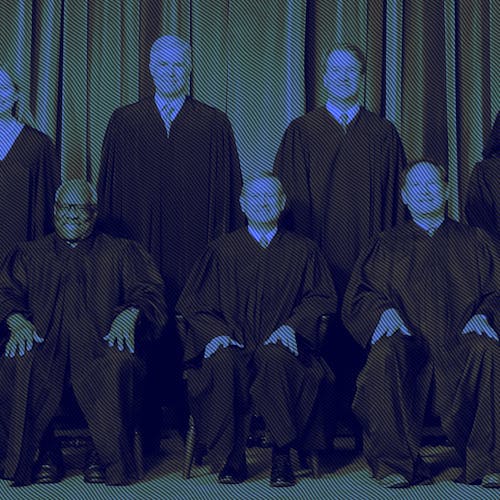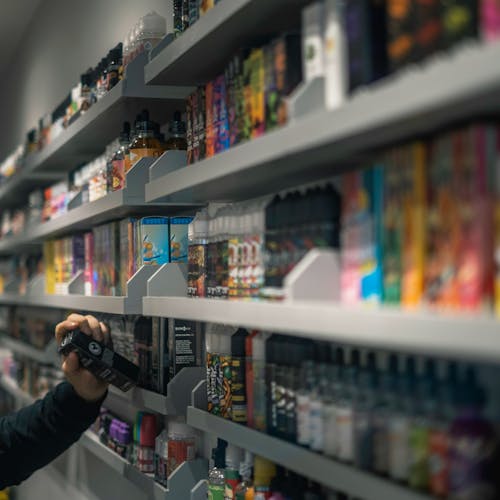GUVERCIN: Fundamental freedom of press is under seige across globe

Journalism, the press and media have been at the forefront of democracy and human rights ever since sophisticated civilizations and legal systems have surfaced around the world. In just societies, journalists are the channels through which citizens are kept informed about national and global affairs that may not necessarily be disclosed by the agents in power who make decisions for them. Furthermore, freedom of the press is explicitly protected in the constitutions of numerous democratic countries due to its imperative nature and role in the context of justice and human rights.
The information we acquire through the press and media shapes our outlooks, beliefs, opinions and even our conversations, and it enables us to become active and informed citizens who feel included in the affairs of our respective countries. Therefore, when we witness governments and agents attempting to stifle the voices of our journalists through expulsion, detainment and defamation, we are actually witnessing a stifling of democracy.
Filipina journalist and activist, Maria Ressa, is currently being indicted for the second time by the government of the Philippines for what they deem to be “cyber libel,” which is now being considered a “crackdown on free press” in the country. Ressa and her news company, Rappler, claim that the government is trying to intimidate them with several criminal charges as a result of their investigations and reports about Philippine Presdient Rodrigo Duterte and his approval of extrajudicial killings, particularly as a means to fight against drugs.
After Rappler’s report on businessman Wilfredo Keng’s alleged links to illegal drugs and human trafficking, as well as his ties to one of the country’s chief justices, the Philippine government enacted the Cybercrime Prevention Act law, which made online libel a crime punishable by up to 12 years in jail.
This is also the basis of her current and second indictment. In response to the legal action taken against her and the press, Ressa said, “The law is being weaponized in an attempt to control the public narrative. We will not be intimidated and will continue to shine the light on the actions of impurity.”
Another paragon of the stifling of democracy can be seen in Turkey, which currently ranks 157 out of 180 countries according to the 2018 World Press Freedom Index, and is the country with the highest number of detained journalists in the world. Emre Soncan, a Turkish journalist who has been in prison since the failed coup attempt in Turkey in 2016, was convicted of alleged affiliation with a terrorist organization and outspoken opposition of President Recep Tayyip Erdogan’s regime. “A journalist is critical, skeptical, rebellious and utopian, etc. … so a journalist is a lot of things, but there is one thing he or she is not: A journalist is not a terrorist,” Soncan said.
Can Dundar, a former editor of the opposition newspaper Cumhuriyet, was sentenced to five years in prison in 2016 for publishing a video which demonstrated Turkey’s intelligence agency trucking weapons into Syria. Although he was released pending appeal, he fled and likely cannot go back to Turkey. In September 2018, several Cumhuriyet newspaper journalists either resigned or were fired, and the management completely changed into one of ultra-nationalists and Erdogan supporters.
Hundreds of journalists are currently imprisoned in Turkey, and some, like famous writer and critic Ahmet Altan, have to serve life sentences as a result of the articles they have written, social media posts they have shared and opinions they have expressed. Turkey is yet another harbinger of the dangerous pattern against freedom of press that we are witnessing in the corrupt and tainted administrations of the world that demonstrates a complete disregard of justice and human rights.
This pattern continues in India, where journalist Kishorechandra Wangkhem was detained in December for criticizing the Bharatiya Janata Party (BJP) government on social media by calling the state’s BJP chief minister, Nongthombam Biren Singh, a “puppet” of the central government led by Prime Minister Narendra Modi. There have been several instances of journalists facing violence, harassment, censorship and even murder in India, giving it its rank of 138 of 180 in the World Press Freedom Index.
These few instances demonstrate harmful agendas and disregard for law and freedom, and they must be scrutinized in order to prevent social regression. Freedom of press is perhaps the hallmark of civilized society, freedom and democracy. It empowers people and gives pride to those who are able to serve others through their words. It is a fundamental right that we must stubbornly protect, for it is our most powerful defense against corruption and tyranny. Therefore, detaining journalists should be a crime, not journalists doing their jobs.
Dilara Guvercin is a School of Arts and Sciences sophomore double majoring in philosophy and psychology. Her column, "The Bigger Picture," runs on alternate Fridays.
*Columns, cartoons and letters do not necessarily reflect the views of the Targum Publishing Company or its staff.
YOUR VOICE | The Daily Targum welcomes submissions from all readers. Due to space limitations in our print newspaper, letters to the editor must not exceed 500 words. Guest columns and commentaries must be between 700 and 850 words. All authors must include their name, phone number, class year and college affiliation or department to be considered for publication. Please submit via email to [email protected] by 4 p.m. to be considered for the following day’s publication. Columns, cartoons and letters do not necessarily reflect the views of the Targum Publishing Company or its staff.



